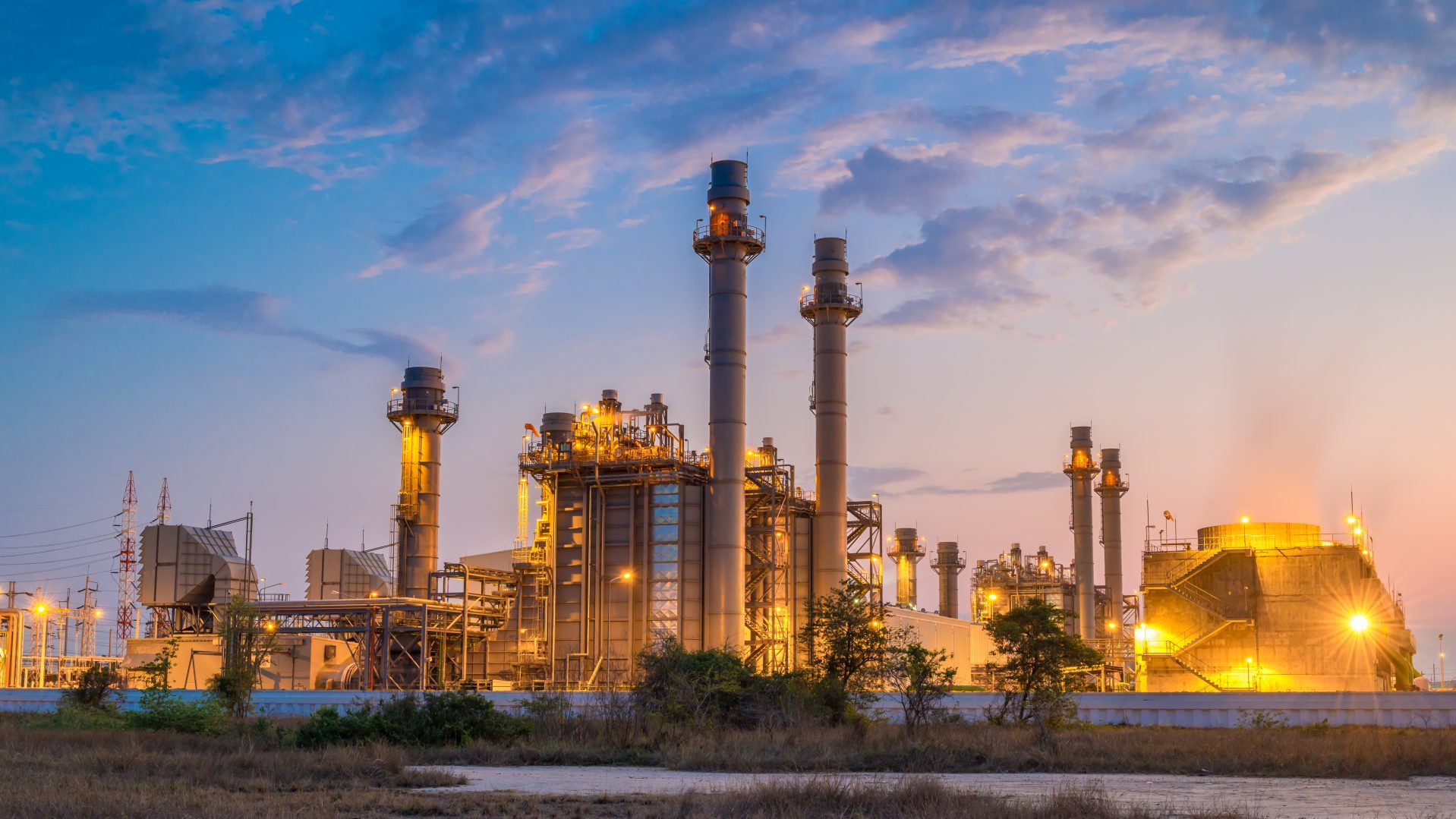
Testimonial: Vitol VPR Refinery
A multi-phase upgrade at Vitol’s VPR Energy refinery in Rotterdam has transformed it into one of Europe’s best environmentally performing sites.
50% DECREASE
IN NOX EMISSIONS
40% DECREASE
IN ENERGY CONSUMPTION
80% DECREASE
IN SO2 EMISSIONS
Testimonal by Vitol:
“What we have achieved here is testament to Vitol’s ongoing investment in its portfolio, applying the latest technology to optimise performance and achieve world-class environmental standards,” said Jeffrey van Geloof, refinery director at VPR Energy.
Not only have NOx emissions been slashed by 50%, said van Geloof, but energy consumption has fallen by up to 40% as a result of increased efficiencies. CO2 emissions were also reduced. Capacity is now over 120,000 b/d, from 75,000 b/d. Further work to reduce furnace SO2 emissions was implemented in 2019, reducing them by about 80%.
The work, which started in 2019, initially focused on revamping the refinery’s furnace – a key bottleneck, van Geloof explained and changing it from a natural draft system, which can be inefficient, to a balanced draft system that uses fans to force air and flue gases through the furnace. As a result, during this phase thermal efficiency increased from 75% to 88%.
In 2022, the final tranche of work concentrated on replacing the convection section of the furnace, enabling increased heater efficiency to 91% and incorporating proprietary technology from XRG Technologies called the Xceed system. This is a dispersed combustion system to inject fuel at high velocity into the chamber resulting in significantly reduced NOx emissions.
“We’re delighted at the positive environmental and operational impact of the Xceed system,” said van Geloof. “To halve NOx emissions, while still increasing capacity and improving efficiency vindicates our investment in the latest technology, and ensures the refinery continues to operate effectively, while minimising gas emissions.”
And there is still more to come though from the plant to mitigate its environmental impact. It’s a simple fact that a refinery consumes a lot of energy to function. To that end, most large pumps at the plant – which drive oil through the system – are having magnet couplings fitted to replace the shaft coupling. This will see the pump work more efficiently, leading to an expected cut in energy consumption of these pumps by approximately 40%. As of now 10 of approximately 30 have already been replaced.
Source: Vitol
